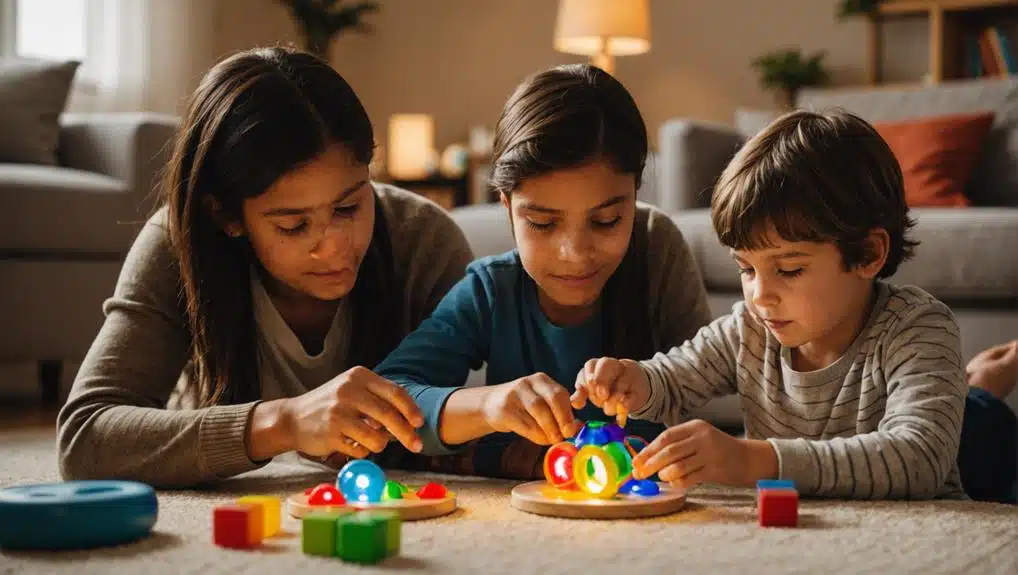ADHD in children often comes with a struggle to control impulsive behaviors that can affect their academic performance, social relationships, and daily functioning. Impulsivity manifests as acting without thinking, interrupting others, difficulty waiting for turns, and making hasty decisions without weighing consequences. Parents and caregivers frequently seek effective approaches to help children develop better self-control and decision-making skills. Here is more information on how to manage impulsivity:
Utilizing Behavioral Interventions
ADHD in children is one of the most common neurodevelopmental disorders in America. Creating predictable routines helps children anticipate what comes next and reduces impulsive reactions to unexpected situations. Clear daily schedules with visual reminders allow children to understand expectations and prepare for transitions between activities.
Positive reinforcement systems work effectively for managing impulsive behaviors. Reward charts that acknowledge specific behaviors like “waited for turn to speak” or “thought before acting” help children recognize their progress. The rewards should be immediate and meaningful to the child, such as extra playtime or choosing the family movie.
Setting clear boundaries with consistent consequences provides children with the structure they need to develop self-regulation. When rules are broken due to impulsive behavior, consequences should be applied calmly and predictably. This approach helps children understand the connection between their actions and outcomes without creating additional stress or shame.
Teaching Self-Regulation Skills
Self-regulation strategies give children tools to manage their impulses independently. The “stop and think” technique teaches children to pause when they feel the urge to act impulsively. This can be practiced through role-playing scenarios where children identify the feeling of wanting to act quickly and then practice taking a deep breath before responding.
Mindfulness exercises adapted for children can help develop awareness of thoughts and feelings before they lead to impulsive actions. Simple breathing exercises, body scans, or guided imagery can be incorporated into daily routines. These practices help children notice their internal states and create space between impulse and action.
Problem-solving skills training helps children learn to think through situations systematically. Teaching children to identify problems, brainstorm solutions, evaluate options, and reflect on outcomes builds their capacity to make thoughtful decisions rather than impulsive ones. Social skills training addresses impulsivity in interpersonal situations. Children learn to recognize social cues, understand appropriate timing for speaking, and practice conversation skills that reduce the likelihood of interrupting or making inappropriate comments.
Collaborating With Support Systems
Working with teachers creates consistency between home and school environments. Sharing strategies that work at home helps teachers implement similar approaches in the classroom. Regular communication about the child’s progress allows for adjustments to interventions as needed.
Involving the child in discussions about their impulsivity helps them understand their challenges and participate in creating solutions. Age-appropriate conversations about ADHD and impulsivity reduce shame and build self-awareness. Children can help identify their triggers and participate in selecting strategies they find most helpful.
Professional support from therapists trained in ADHD can provide specialized interventions such as cognitive behavioral therapy or social skills groups. These professionals can assess the child’s specific needs and recommend targeted strategies that complement home-based interventions. Connecting with other families who have children with ADHD provides valuable support and practical ideas.
Learn More About ADHD in Children
Managing impulsivity in children with ADHD requires patience, consistency, and a willingness to adapt strategies based on what works best for each individual child. Success comes through combining structured behavioral interventions with skill-building approaches that teach children to manage their impulses independently. Consult with an ADHD specialist to see how they can provide management strategies for your child.









Leave a Reply